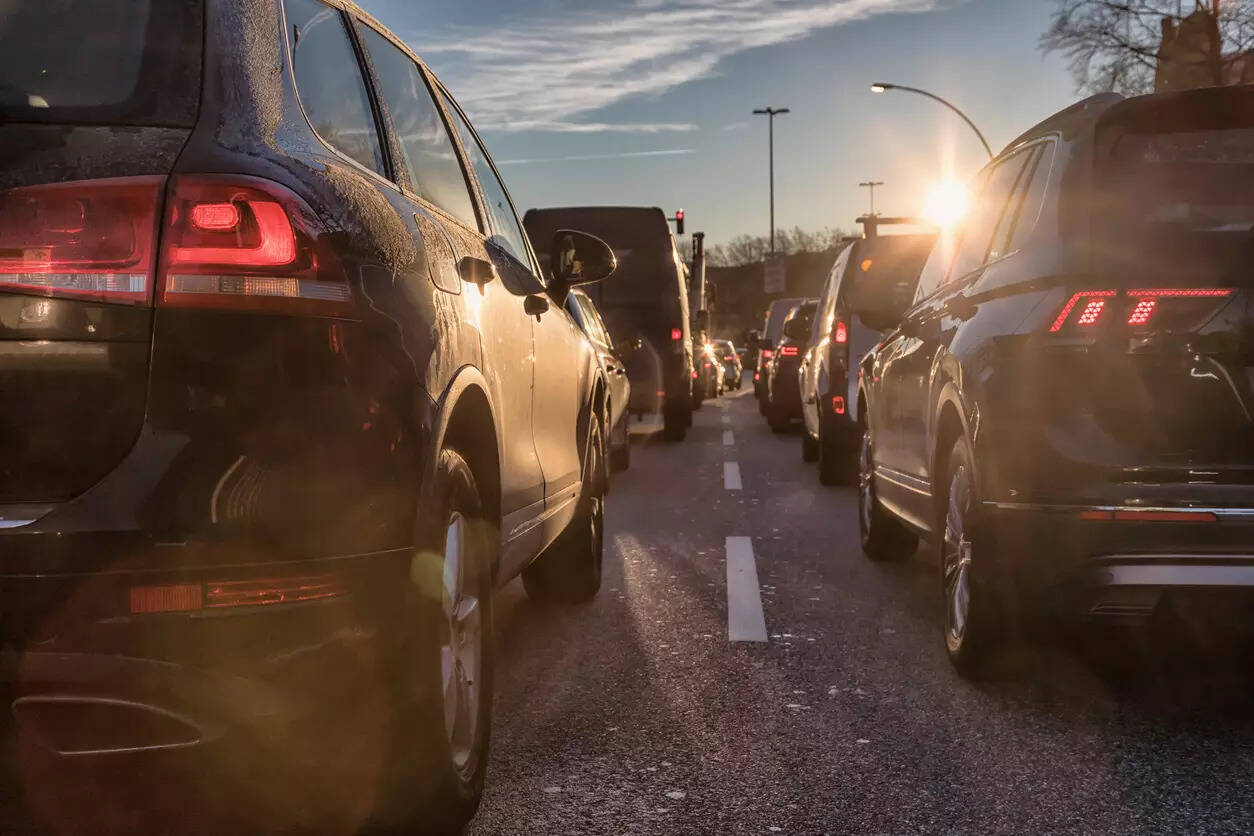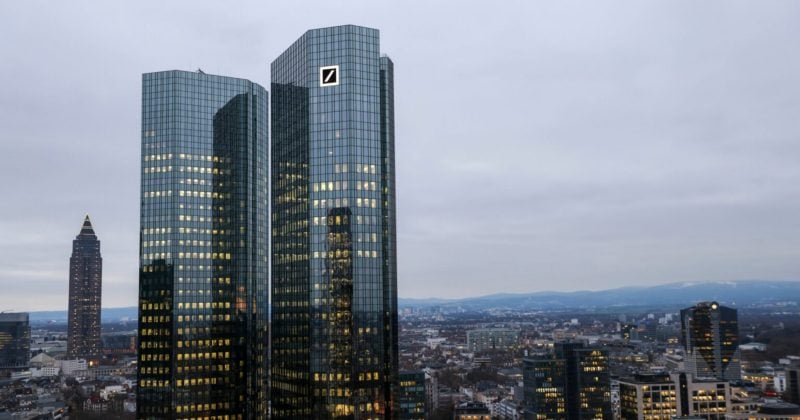India Emission Norms: India's Automakers Challenge Proposed Emission Norms Amid Sustainability Concerns, ET Auto
A high-level meeting is scheduled for July 2 in New Delhi, where automakers are expected to present their concerns directly to Transport Minister Nitin Gadkari.

India’s auto industry is raising concerns over the government’s ambitious proposal to slash carbon emissions by a third starting 2027, calling the move “too aggressive” and potentially damaging to the sector’s sustainability, reports Bloomberg. The proposed changes are part of the upcoming third phase of the Corporate Average Fuel Efficiency (CAFE) norms.
A high-level meeting is scheduled for July 2 in New Delhi, where automakers are expected to present their concerns directly to Transport Minister Nitin Gadkari.
In a formal submission to the Ministry of Power, the Society of Indian Automobile Manufacturers (SIAM) warned that the accelerated reduction targets could result in billions of rupees in penalties and deter future investments in the country's ₹11.4 lakh crore auto industry. The current proposal suggests emission cuts at twice the pace of the previous target.
The draft plan also recommends applying different fuel-efficiency standards for smaller, lighter vehicles versus heavier ones — a move seen as favouring manufacturers like Maruti Suzuki and Toyota Kirloskar, who are investing in CNG and hybrid technologies. However, SIAM argues that splitting standards by vehicle weight could compromise policy cohesion and skew market competition.
Automakers are also urging the government to extend emissions credits to hybrid, ethanol-blended, and gas-powered vehicles — benefits currently reserved for electric vehicles. Additionally, the government is considering ending petrol and diesel car sales by 2040, a proposal that has seen continued resistance.
The industry is instead proposing a more gradual 15 per cent reduction target, along with emission credit adjustments for E20 fuel and biogas vehicles, and the creation of a carbon trading system to allow credit exchange among automakers.
The final policy direction could define India’s clean mobility landscape for years, as the government navigates the delicate balance between climate goals and economic realities for a country of 1.4 billion people.











